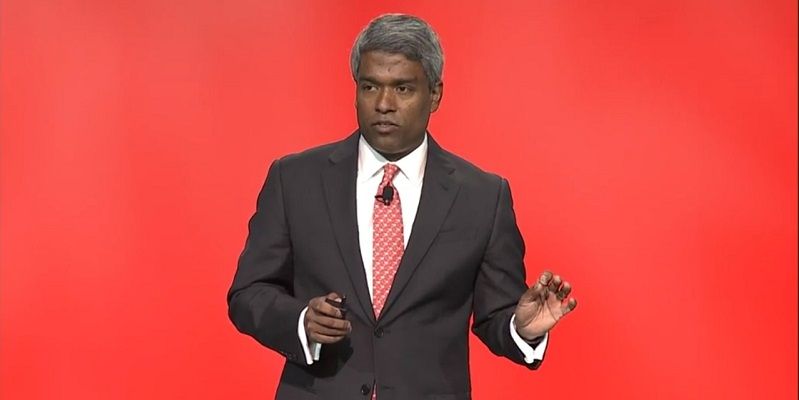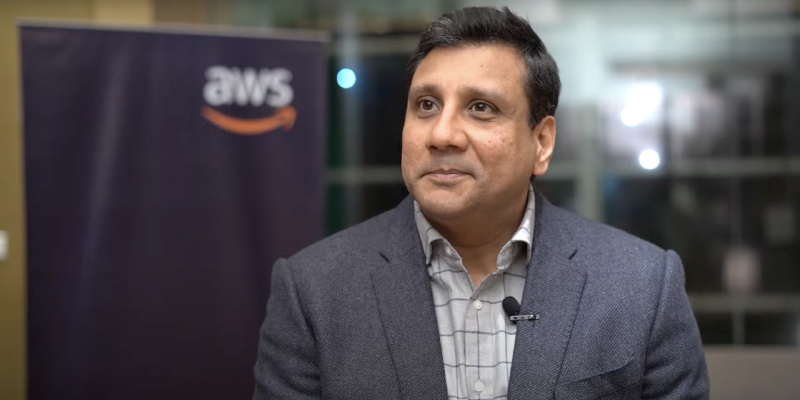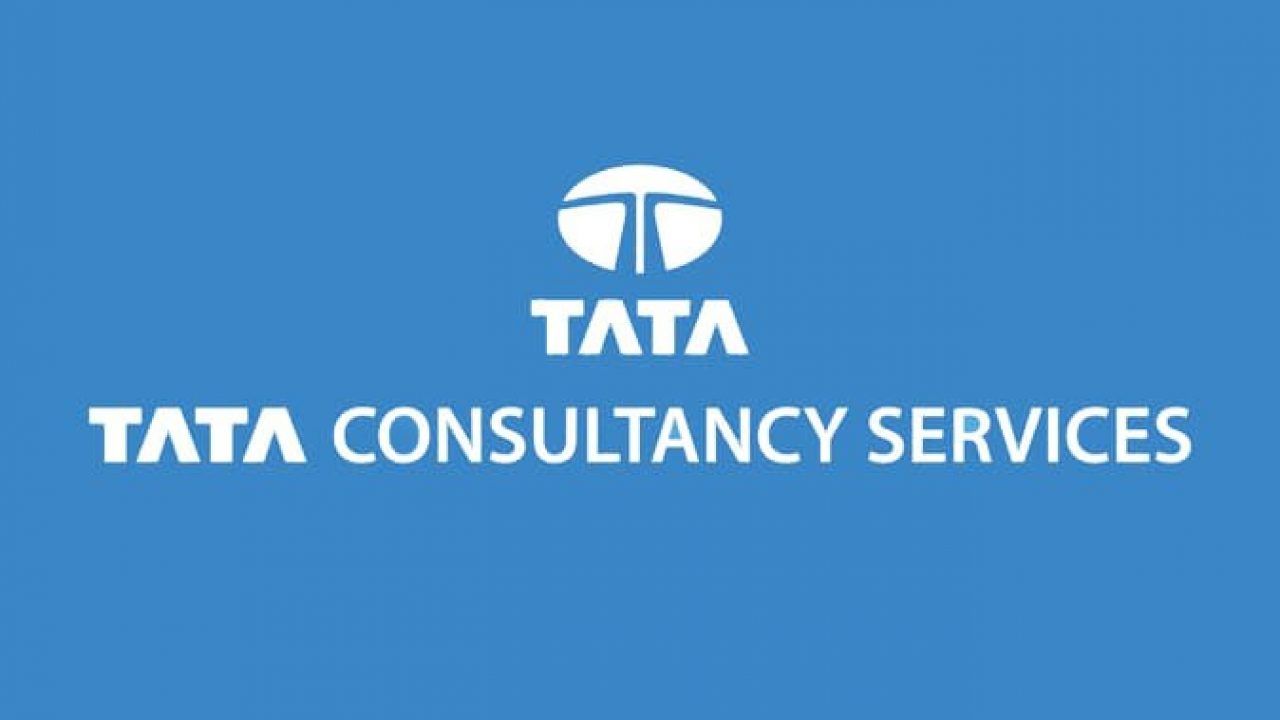Angel tax: The fear of money laundering must not stunt investments in early-stage startups
Suma Ramachandran
Friday December 21, 2018 , 8 min Read
As the year draws to a close, many startups are wondering if they’re going to get coal in their Christmas stockings. With the Income-Tax (I-T) Department once again issuing notices, the dreaded angel tax is back to haunt startups.
While Union Minister for Commerce Suresh Prabhu promised to take up the matter of I-T notices on angel tax with the Ministry of Finance, the fact is that until the law is amended, startups remain at the mercy of I-T officials and are dependent on a friendly ear in the government for (temporary) relief. On their part, the I-T Dept and the FinMin have a duty to prevent money laundering by way of 'investments' in startups, but the law, as it currently stands, seems to go against the spirit of the Startup India initiative.
In 2017, startups had raised concerns on taxation of angel funds under Section 56 of the Income Tax Act. Earlier this year, the Ministry of Finance sent out a circular asking tax officials to refrain from coercive action in cases that fall under Section 56(2) of the Income Tax Act, 1961.
But that doesn’t seem to have happened. Some say that the issue price of shares by startups might have been inflated in the past based on optimistic projections, based on the actual performance over the last few years, I-T officials may have deemed these angel investments to be higher than the fair market value and sought to tax the difference.
Sources in the I-T Department say that whichever company is issued such a notice is given a chance to first establish that they are, indeed, a startup, and the acceptable definition of a startup is recognition by the DIPP. The current round of notices, they say, have gone out to companies which were already under scrutiny in earlier years.
[Also read: DIPP takes up angel tax notices with revenue department]
Be that as it may, entrepreneurs and investors alike feel that the government needs to find a way to balance the need to encourage startups with the need to curb money laundering via angel investments. Efforts at detecting money laundering cannot be allowed to stunt innovation in India.

The Department of Industrial Policy and Promotion (DIPP), which oversees the Startup India programme, is yet to respond to an email sent by YourStory on this matter.
As Avnish Bajaj, Founder and Managing Partner, Matrix Partners India, puts it,
“This is one of the most digitally savvy and startup-friendly governments. Yet all the objectives of Startup India, Digital India, ease of doing business, etc. get lost when it does not translate into practices on the ground. Despite assurances to the contrary from the Finance Minister himself, these notices have gone out in the zest to meet taxation targets for the fiscal. I would urge quick rectification by issuing a formal notification from the Finance Ministry to put all these on hold, and in the Finance Bill, issue a clarification which ends this once and for all.”
One founder told YourStory on condition of anonymity that during every fund raising, founders dilute their equity and the amount is used for specific needs and purposes. By adding a tax to it, he says, the government is essentially killing an early-stage startup.
Who is affected by angel tax?
Briefly put, venture capital funds not recognised by the Securities and Exchange Board of India (SEBI), i.e. foreign venture funds, are excluded from this provision. Also, startups recognised by the government via the Startup India initiative are excluded.
‘Angel tax’, according to Abhishek Gupta, Head of Times Internet (TIL) startup incubator TLabs, isn’t just applicable on angel investors, but any company investing in a startup that is not a VC fund.
"Even though we invest from the balance sheet of the (investing) company, our startups also got notices. They were asked to show our statement because we are not a registered VC fund. So that's a big challenge if you have raised funds from the corporate entities,” he says.
In effect, this could well discourage corporate entities from investing in startups.
Between the angel and the devil in the detail
Siddarth Pai, Founding Partner of 3one4 Capital, says, “Even if a startup wants to appeal against the I-T notice, they have to deposit 20 percent amount of the tax demanded, which is very high. This will naturally hamper the cash flow and operations of startups.”
Indian startups raised $38.5 billion between January 2014 and September 2018, and Siddarth believes the I-T Department is potentially looking at 30 percent of this amount ($12 billion) raised through the angel route.
Many founders believe that angel funding in India is still nascent and will die a premature death if this continues, resulting in fewer deals for VCs and private equity (PE) players if the angel tax trend continues. Sources in the I-T Department told YourStory that they are currently focusing on companies that have not been able to explain where their investments have come from, nor do they seem to be tech-driven startups. A fair point that should not be discounted.

Running from pillar to post but to build their business
“Any kind of bureaucracy is not helpful for innovation. Startups should not be harassed. As a startup founder, if you are spending most of your time talking to an I-T guy, that is not the best use of your time,” says Arpit Ratan, Co-Founder and CEO, Signzy.
Alok Patnia, Founder of taxation services startup, Taxmantra.com, says that startups “who raise funds at a premium should have a valuation report from a merchant banker and earlier even from a CA to support such higher valuation based on discounted cash flow (DCF), which is based on future projections and estimates”.
That’s more work than before. “These are registered startups, they should go back to work after raising angel, and not be doing the rounds of an I-T office showing valuation documents,” points out Abhishek of TIL, adding, “Most startups are creating jobs and basically putting India into the next orbit. They are being unnecessarily hassled.”
Subrat Kar, Co-founder and CEO, Noida-based Vidooly, is one entrepreneur who received an angel tax notice. He says.
“The government is expected to act as a bridge between entrepreneurs and investors, but this policy is acting (in the) opposite way. Such policies, if applied, will see India rank lower (as a startup ecosystem) in the coming years. As a founder, I can say there are many struggles a small company faces. If they start facing issues like this with the department then how do we expect the startup ecosystem to grow?”
Abey Zachariah, Co-founder and CEO, Goodbox, who received an angel tax notice recently, told YourStory, “It is for policy-makers to put filters to identify erring companies. Design it such that genuine startups should breeze through the filters. It's worth the effort as we need to encourage building world-class companies out of India.”
Why the angel tax can be debilitating
Funding is what helps a startup grow. Under Section 56 (2) (viib) of the Income Tax (I-T) Act, if a privately held company (i.e. a startup) issues shares at a price that is higher than the face value or the fair market value, the difference between the issue price and fair market price is taxed as income in the hands of the startup.
In effect, a startup then has to set aside some of the funding raised to pay tax instead of deploying it towards building the business or product. The founder of a leading transportation startup told YourStory that this, in effect, handicaps a young company. Another founder said several early-stage startups may have to shut down as they don’t have money to pay tax to the government.
However, Amrit Om Nayak, Co-Founder of INDRA Water, says,
“For early-stage startups, the money directly affects their expansion plans and working capital flows. It dissuades early-stage investors. The startup ecosystem can prosper only when investors have an incentive. If they find that their after-tax returns are low, they will turn to other viable options to invest in.”
Rajamanohar Somasundaram, Founder and CEO of Aqua Connect, agrees, “Angels may not be willing to take risks because they too need their incentives and returns. They might ignore startups and look for other investments like in traditional mutual funds and so on. Or they may look at only late-stage startups.”
But the question is, without a robust early-stage pipeline, how will startups reach the late stage?
Another founder who received a notice a few weeks ago, believes that angel tax, the way it is structured today, will discourage entrepreneurs from starting up resulting in digital colonisation. Arpit of Signzy says that if, as a startup, one has raised genuine funding, it should not be taxed. “As a country, we will be reversing all development if that happens. Even if your startup is overvalued, it is because of your hard work. You should not be taxed because of that.”
And that’s what we believe too. It is critical that regulation catches up with the reality of today – that startups are a fountainhead of innovation and while funding needs to be regulated and transparent, the only way forward is to create a solution that does not unnecessarily burden young startups while ensuring that they don’t become a medium for money laundering.
YourStory will continue to dig deeper into the matter and seek the views of various government departments, entrepreneurs, investors and other stakeholders to better understand how companies are being identified for scrutiny and how the process works thereafter before an adverse action is taken. And we hope that the FinMin will help clear the air at the earliest.
(With inputs from Rashi Varshney, Sohini Mitter and Thimmaya Poojary.)










